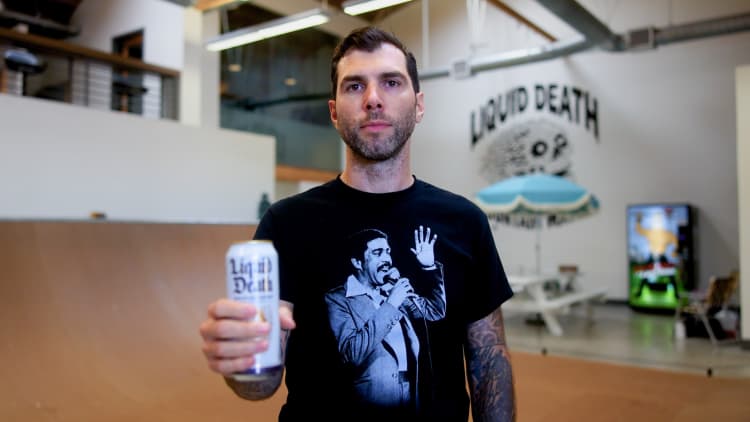What are you hoping to accomplish moneywise in the upcoming year? If you're like many Americans, you may be looking to pay down your credit cards, boost your retirement savings or finally create a spending plan.
But Americans' No. 1 money goal is to build an emergency fund, according to a recent survey from Allianz Life.
Somewhere, a financial planner is jumping for joy. Nearly all of them will tell you that establishing an emergency fund is a top priority. In the case of an unexpected expense, such as a job loss or a surprise home repair, having a cash buffer can keep you from having to withdraw from your investments or take on debt to cover it.
If you don't have the cash on hand to cover a financial emergency, you're not alone. Some 63% of Americans currently live paycheck-to-paycheck, according to data from LendingClub, and a third of working adults would feel uncomfortable covering an emergency expense of $400, per separate data from the Bipartisan Policy Center.
And if something comes up that affects your budget, $400 likely won't cover it. The average emergency expense among U.S. consumers is roughly $1,400, according to LendingClub.
How to build a $1,400 emergency fund in 2023
That may sound like a daunting amount of money to set aside at once, which is why financial pros recommend saving the money a little bit at a time.
If you get paid every two weeks, saving $54 per paycheck for the entire year will get you to $1,400 by the end of 2023. Those cashing a weekly paycheck would need to save $27 per paycheck to get the same result, and workers who get paid monthly would have to set aside $117.
As for where to stash it, look for someplace where your money is easy to access and won't decline in value. That rules out investing the money in, say, I bonds, which can't be redeemed for at least a year after you purchase them.
It also means you'd be wise to avoid parking emergency money in riskier assets, such as stocks or cryptocurrency. While a market upswell could increase the value of your savings, it's not worth the risk that a downdraft could deplete the value of your money when you really need it.
That means the best options will offer a meager, if any, return on your money, but will stand no chance of declining. Think high-yield bank accounts, certificates of deposit and money market accounts.
Sign up now: Get smarter about your money and career with our weekly newsletter
Don't miss: 60% of Americans see crypto investing as highly risky—but millennials are still its biggest fans



